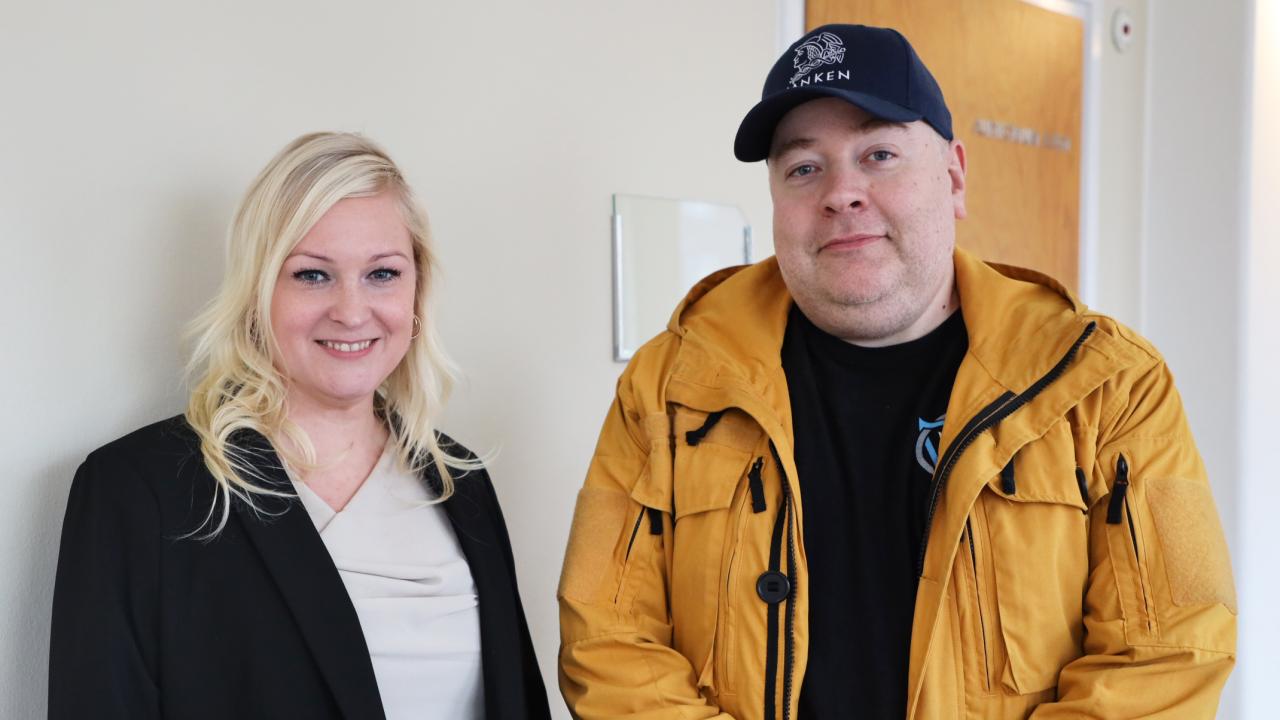Hanken School of Economics inspires entrepreneurial thinking in corporate environments

Corporate entrepreneurship involves the actions organizations take to pursue renewal, for example thinking about how they want to reposition themselves strategically, create business model innovations and entering new markets. The aim is to combine characteristics typically associated with startups within the environment of a larger corporation.
“We hear a lot about the value of entrepreneurship outside of organizations but it's also important for existing ones to continue to innovate. You have to take advantage of the entrepreneurial spirit in the organization”, says April Spivack, associate professor in entrepreneurship, management and organization at Hanken School of Economics.
Companies struggle to find the right balance
An increasing number of companies are establishing incubators internally. Larger corporations are exploring ways to integrate them into the company while maintaining enough separation to operate somewhat distinctively from the corporate structure. Although the entrepreneurial mindset exists within many organizations, Spivack says they are struggling with balancing the search for efficiency and the search for doing new things.
“Oftentimes new technology or new advances perform more poorly relative to existing solutions, so there's a lag between when those new investments would catch up and outperform the existing. Initially it doesn't seem like a good choice but without investing enough in the future, the companies are sort of ensuring a future failure”, Spivack says.
There are also cultural concerns within the organization, and people feeling apprehensive about change.
“Companies need to consider so many things in order to make these changes, which is why it’s so hard for them to get it right.”
Valuable insights for the future
Spivack teaches the course Advanced Corporate Entrepreneurship, which is part of a three-course trajectory, where students learn for example how to apply entrepreneurial thinking from within existing firms, like Nokia and Fazer, and how companies can revise their business models in regard to AI and deep tech.
Students Jessica Eklöf and Kaj Niemi, who attended the course, both found it to be very useful.
“The topics covered in the course were very good and relevant to today's working life, such as how to think creatively and how to create a psychologically safe work culture. Today we need a different kind of leadership than what we might be used to. You have to let people know that it is ok to try and fail”, says Eklöf.
Eklöf and Niemi both applied to Hanken School of Economics after they had already been in the working life for quite a while. Both are working full-time alongside their studies, Eklöf as a key account manager at the media company Schibsted and Niemi as senior vice president engineering at the telecommunications company BaseN, which he co-founded. Eklöf started her studies this autumn and Niemi, who has also completed Hanken's EMBA programme, is in his sixth year of study.
"We have learnt how to think outside the box, and it has been great to be able to test different ideas in practice at work. It has also been nice to be able to share my work experience with younger classmates," says Niemi.
In particular, he highlights the discussions in class around academic papers that touched on a different theme each week, such as business innovation, business competitions, leadership types and reward systems. Using AI, students would produce two video blogs a week to summarise what they learned from the week's discussions.
Eklöf, who is interested in both business development and leadership, says the course has given her concrete tools for working life, both now and in the long run.
“I see myself as an entrepreneur and a person who enjoys taking responsibility and maybe someday, I will get to work as a CEO or boardroom professional for a bigger company. I'm sure I will benefit greatly from everything I learnt during this course."
Associate Professor April Spivack concludes that, following the course, she hopes students will be more inclined to nurture their entrepreneurial spirit.
“I want them to know there are outlets both inside and outside of an organization. Their career path will probably be pretty curvy, but we strive to give them options to find what fulfills them.”
Text and photo: Jessica Gustafsson


